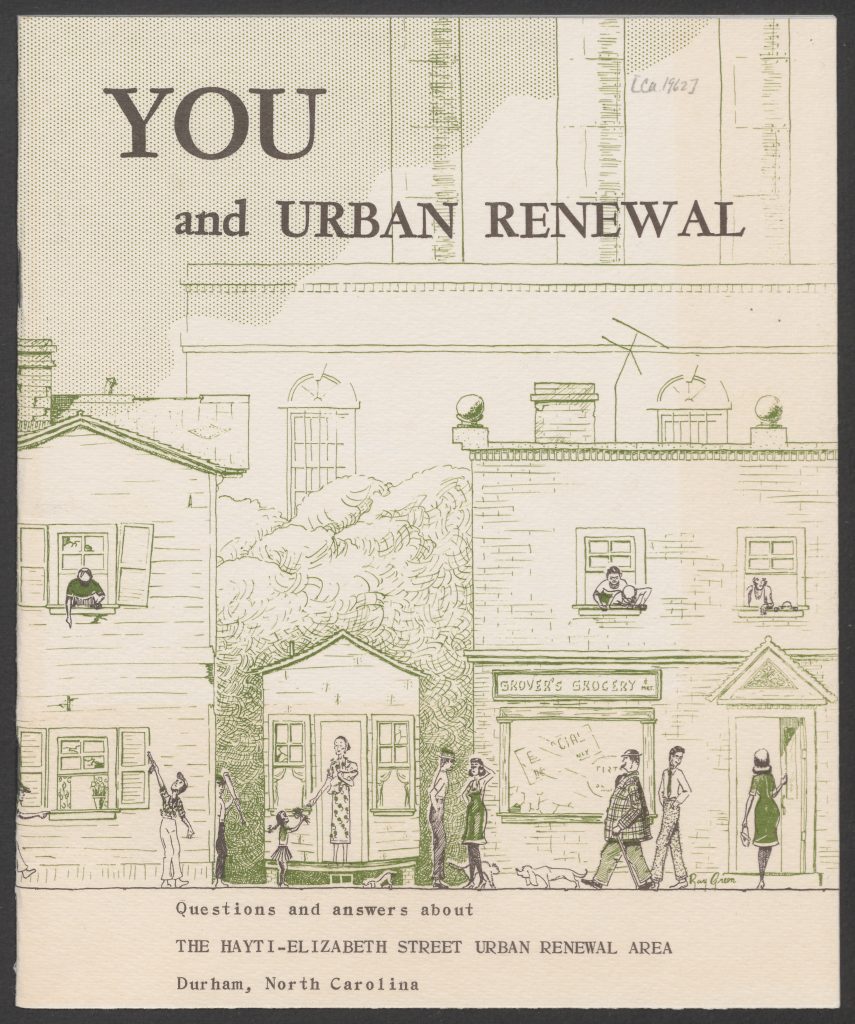The many disruptions of the past year required RL staff to re-envision all aspects of the ways that we support research and teaching. Adapting to virtual work and social distancing forced us to slow down and to check in on our personal and work priorities. In the wake of the murders of George Floyd, Breonna Taylor, and Ahmaud Arbery and the national reckoning about race, we committed to recentering our strategic objectives around anti-racism. Here are some highlights from the year:
Focusing on Digital Access & Digital Collections

- With our reading room closed, staff focused on digital delivery, sending nearly 170,000 scans to researchers and students all over the world—eight times the number we delivered the previous year.
- RL instructors learned to teach online, developing both synchronous virtual sessions and asynchronous modules. Their guide to teaching materiality online has been used by librarians and archivists around the country.
- Records Manager Hillary Gatlin created videos covering many aspects of record keeping at Duke.
- RL archival processors working at home turned their attention to processing born digital collections, including the contents of floppy disks, hard drives, social media accounts, and cloud servers.
- The DUL exhibition staff opened five online exhibitions, including one for Tobaccoland, They then migrated and/or edited 41 existing digital exhibitions to extend the impact of our exhibition program.
- While we miss in-person events, it has been wonderful to connect with people across the country through virtual events.Highlights included Sallie Bingham joining an appreciative audience to read from her two latest books and a panel discussion marking the 30th anniversary of the publication of William Styron’s Darkness Visible during Mental Health Awareness Week.

Prioritizing Anti-Racism

- RL Technical Services developed new Guiding Principles for Description and a new style guide to better define and implement “inclusive metadata” practices.
- Pre-pandemic RL instructors created Our Approach to Classes and continue to refine this methodology to make class sessions more inclusive and welcoming.

- The Collection Development Department is reviewing and revising our collecting policies to be more transparent about our collecting practices.
- The Research Services Department seeks to practice equitable access models through their customer service training, and reading room, reproduction, and reference policies.
- University Archives is partnering with counterparts at Johnson C. Smith University, Davidson University, and Furman University to host a cohort of interns and staff who will explore the racial history of each institution.
- University Archives and Exhibitions collaborated with Prof. Cecilia Marquez and her students to develop an exhibition on Latinx history at Duke.
- To call attention to the low number of people of color and women among design professionals, the Exhibitions program committed to using only fonts created by people of color for two years.
- University Archivist Valerie Gillispie received a CASE District III Gold Award for her article “A More Complicated Love” in Duke Magazine, which calls on our community to reckon with this history so that we can build a better Duke.
- All RL staff were encouraged to participate in the Racial Equity Institute’s Groundwater training and our informal diversity, equity and inclusion reading group met bi-weekly on Slack. Several managers in the RL are taking a course on Inclusive Management Practices.
Looking Forward

- As we prepare to welcome the Duke community back to campus, and hopefully visitors in the coming months, research and instruction will continue to implement changes to our programs to reflect our anti-racist strategic objectives.
- The Franklin Research Center is collaborating with the SNCC Legacy Project, the Center for Documentary Studies, the New Georgia Project, BYP 100, and the Ohio Voice on the grant “Our Story. Our Terms: Documenting Movement Building from the Inside Out,” funded by the Andrew W. Mellon Foundation. The multi-generational project team will convene and record conversations among three generations of activists—SNCC veterans of the Emmett Till generation, young people of the Trayvon Martin generation now leading the Movement for Black Lives, and the new generation of organizers mobilizing in the wake of George Floyd’s murder.
- The Franklin Research Center is also partnering with the Libraries’ Digital Production Center on a National Endowment for the Humanities grant to digitize the “Behind the Veil: Documenting African American Life in the Jim Crow South” project archive. This archive is one of the largest collections of oral histories documenting life during the era of segregation in the United States.
- Using the Guiding Principles for Description and Style Guide, RL Technical Services has begun reviewing finding aids and catalog records for harmful language. In one project, archivists are sponsoring a Data+ student team to extract structured data from over 300,000 catalog cards created from the 1930s through late 1990s so that we might provide better access to this information and use it to analyze our manuscript collections.


